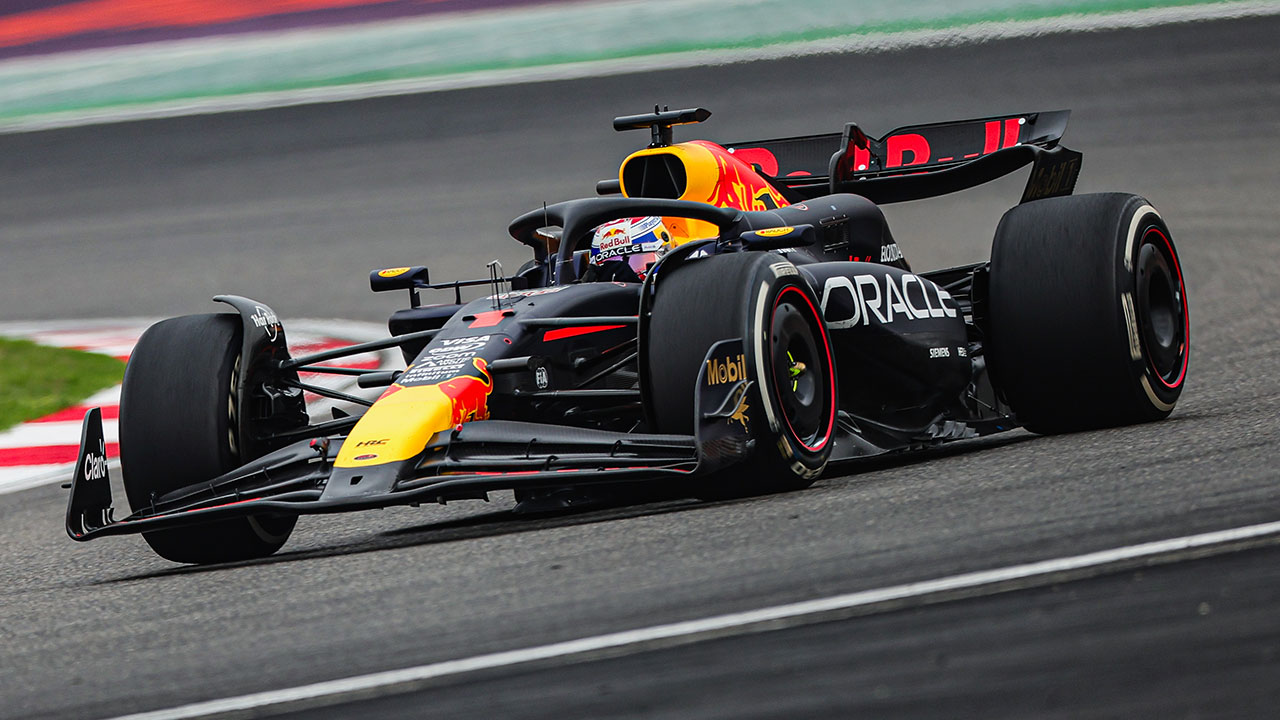The Council of German Economic Experts considers it harmful for subsidies in the United States and Europe to support each other. Instead, bureaucratic hurdles in corporate support programs must be reduced.
The so-called “wise businessmen” have warned of a subsidy race between Europe and the United States. Instead, the European Union should adapt existing subsidy programs for “green technologies,” according to an analysis presented today by the German Council of Experts on the effects of the multibillion-dollar US Inflation Reduction Act (IRA) US subsidy programme.
In order to boost the competitiveness of European companies, additional subsidies will also be needed in the EU as a response to the IRA. “The subsidy race, however, would be associated with significant welfare losses for both the USA and the EU, and should therefore be avoided,” the government advisers recommend.
Is it easier for companies to get help?
He said the EU was already promoting low emission technologies to a similar extent as the USA with the IRA. However, the “wise businessmen” are in favor of changing EU financing programmes.
“The IRA’s tax breaks mean companies can plan better than European support programmes. It should also cause less bureaucracy than the subsidies given in the application process,” economists say. The Council of German Economic Experts is an independent body that advises the federal government on economic issues.
According to Council member Ulrike Malmendier, existing EU funding programs can be used to examine how to simplify the claim of subsidies by authorized firms and reduce bureaucratic hurdles.
Big difference in electricity costs
The German Council of Economists shares Europe’s concerns about the IRA only to a limited extent: “Support under the IRA is likely to have minor macroeconomic effects on the EU”. However, US government support for production and investment in certain industries relevant to achieving climate goals could increase the incentive to invest in the US rather than the EU.
Overall, current differences in energy prices are likely to have a much greater impact on Europe’s attractiveness as a location than the IRA itself, according to council member Achim Troeger. In the past three months, electricity prices in Germany were an average of 9 cents per kilowatt-hour higher than in the USA. Councilor Martin Werding spoke in favor of rapidly expanding electricity supply and energy infrastructure in order to reduce energy costs.
“What do I take from you?”
Chancellor Olaf Scholz warned yesterday that only competition for subsidies with the US prompts companies to demand subsidies from the state. “There are companies I only heard about a short time ago that wanted to invest and didn’t want any money at all. And now they’re saying: I can get money from somewhere else, what can I get from you?”
So the US program for climate-friendly technologies is very vague for Europe. On the one hand, it is good that the United States is now investing in this area. “We wouldn’t do well now if all states started a big race for support,” the chancellor added. However, the federal government itself only recently agreed that the American chip group Intel will receive almost ten billion from the German state for the construction of a new plant in Magdeburg. Critics consider this amount to be too high.

“Tv expert. Hardcore creator. Extreme music fan. Lifelong twitter geek. Certified travel enthusiast. Baconaholic. Pop culture nerd. Reader. Freelance student.”







More Stories
That general meeting was 2024
Mercedes Works Council Chairman: American colleagues must vote in favor of the union
Customer is upset about aluminum curd caps